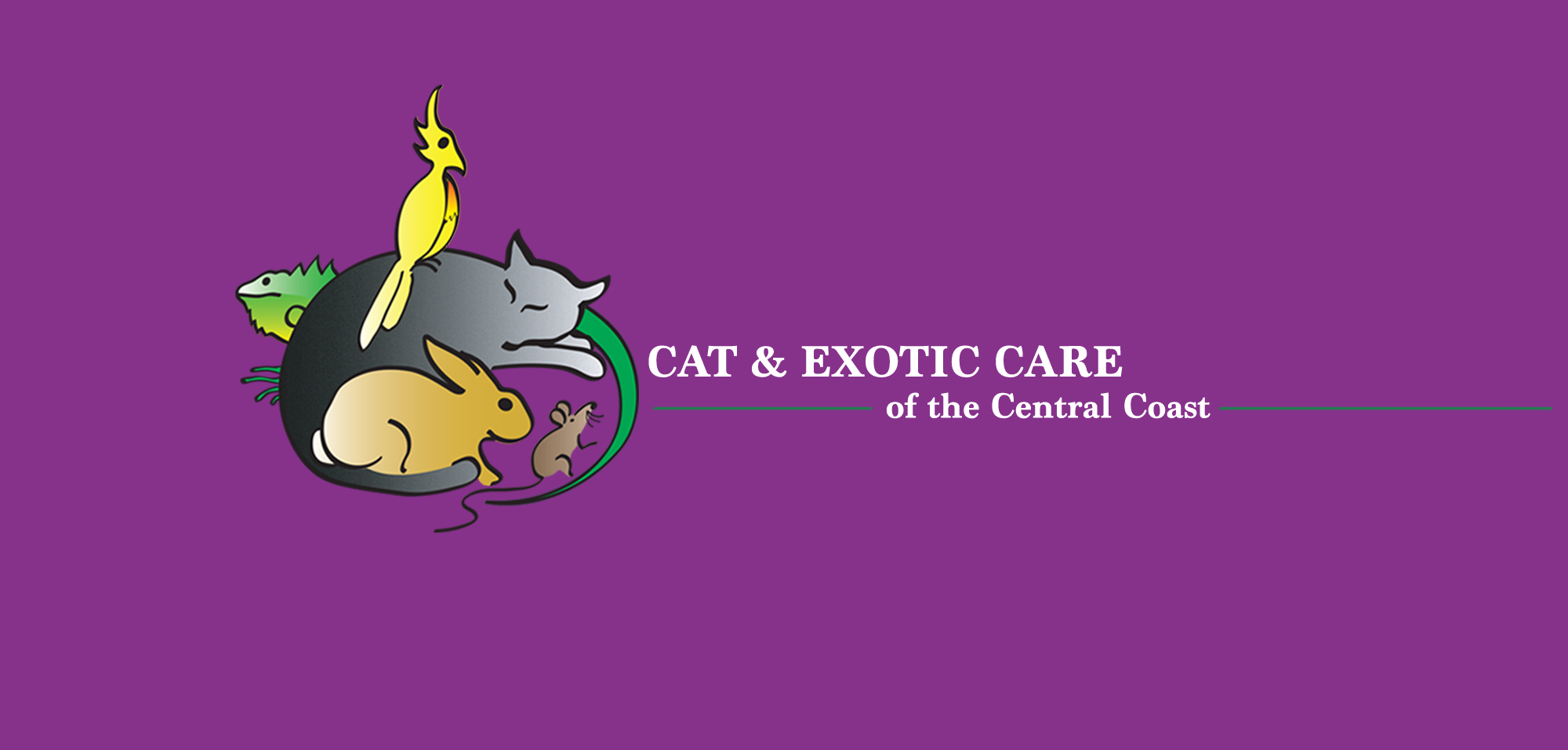QUESTION:
I have a 2 year old African Gray Parrot. I primarily feed it seed but a friend recommended that I try a homemade diet. What do you recommend?
ANSWER:
Parrot nutrition can be complicated because each parrot type is a different species. This means that a Congo African Gray and a Blue and Gold Macaw are as different as a dog and a cat. The list of popular pet bird species is huge! Although different types of parrots have different nutritional requirements, as a general rule the nutrition found in most high-quality pelleted diets is much more complete and healthy than what is found in a seed diet, seed mix diet, average table food diet, or even a homemade diet. Manufacturers of high quality formulated diets have taken the most current information on parrot nutritional requirements and designed products that have all of the necessary nutrients blended into each pellet.
A homemade diet is typically inferior because it is nearly impossible to get all of the correct nutrients together, much less have the bird eat the correct proportions of each. When you give a parrot choices most will go for the sweet and/or high-fat items first. If offered, seeds are usually devoured while other items (including pellets) are pushed to the side or thrown on the ground. When pellets are offered exclusively, no matter which pellet is selected and consumed (i.e. the green one vs. the red one), each has complete nutrition.
Seeds are deficient in many vitamins, vitamin precursors, minerals, trace minerals, pigments, amino acids (proteins), fiber, and omega 3 fatty acids. Feeding your bird a high seed diet is like feeding your child McDonalds’ food every day. As a consequence many parrots will eventually become ill or run down (and there are many manifestations of this). Simply adding healthy foods to a seed diet is not enough to make up for the poor nutrition.
I recommend feeding most parrots (and there are exceptions) a high-quality pelleted diet for 75-80% of the bird’s intake, with the remainder consisting of healthy vegetables and, to a lesser extent, healthy fruits.
So now the difficult part– converting your bird to pellets. Conversion can be stressful and should be handled very carefully, ideally under the supervision of a veterinarian. For more detailed information on parrot nutrition and tips for safe conversion go to www.catandexoticcare.com, select the references tab and see the downloadable handouts: “parrot nutrition” and “converting your bird to a healthier pelleted diet” under the avian heading.
Disclaimer: The informational handouts and website links above are for informational purposes only, they are not intended to replace veterinary care.
